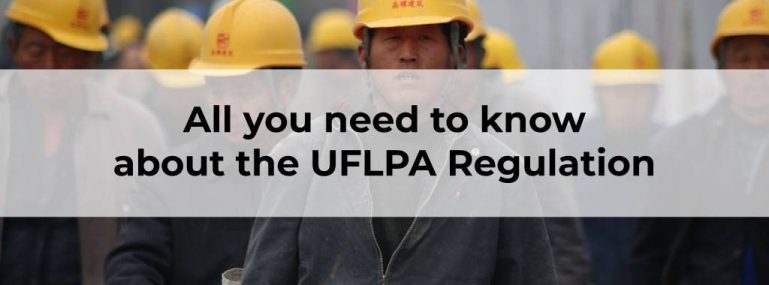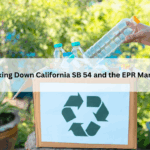A new law, the Uyghur Forced Labor Prevention Act (UFLPA), prohibits American businesses from utilizing forced labor in their supply chains, particularly in the Xinjiang region, where Uyghur Muslim minorities are concentrated. Under the law, companies are required to conduct due diligence on their supply chain and submit reports to US Customs and Border Protection (CBP). In the event of non-compliance, penalties can be imposed and even the operator can be banned from operating on the US market.
According to the International Labor Organization, forced labor falls into the following categories:
- Abuse of Vulnerability
- Restriction of movement
- Isolation of labor
- Debt bondage
- Retention of identity document
- Deception
- Physical and sexual violence
- Abusive working and living conditions’
- Intimidation and threats
- Excessive overtime
- Withholding of wages
In order to maintain compliance with the UFLPA, organizations should understand how it may affect their operations.
To begin with, it is crucial to understand the law’s scope. UFLPA applies to all products and goods imported into the United States, regardless of their origin. You may still be affected if your suppliers or sub-contractors use forced labor, even if you do not source directly from Xinjiang.
In accordance with CBP (Customs and Border Protection), goods can be rebutted. In other words, importers of the goods must demonstrate or prove through due diligence that the goods were not made through forced labor in the Xinjiang Uyghur Autonomous Region. In such cases, CBP will exempt the product from entering the US market if it can be proven.
Any importer should conduct supply chain due diligence for the region of origin of products and raw materials. Also, able to demonstrate the supply chain tracing of goods, mined, produced or manufactured as a whole or partially not through forced labor.
With ComplianceXL’s robust ccompliance management platform, businesses can conduct due diligence, engage suppliers, and complete compliance documentation according to UFLPA requirements. Talk to one of our Global Compliance specialists today!





